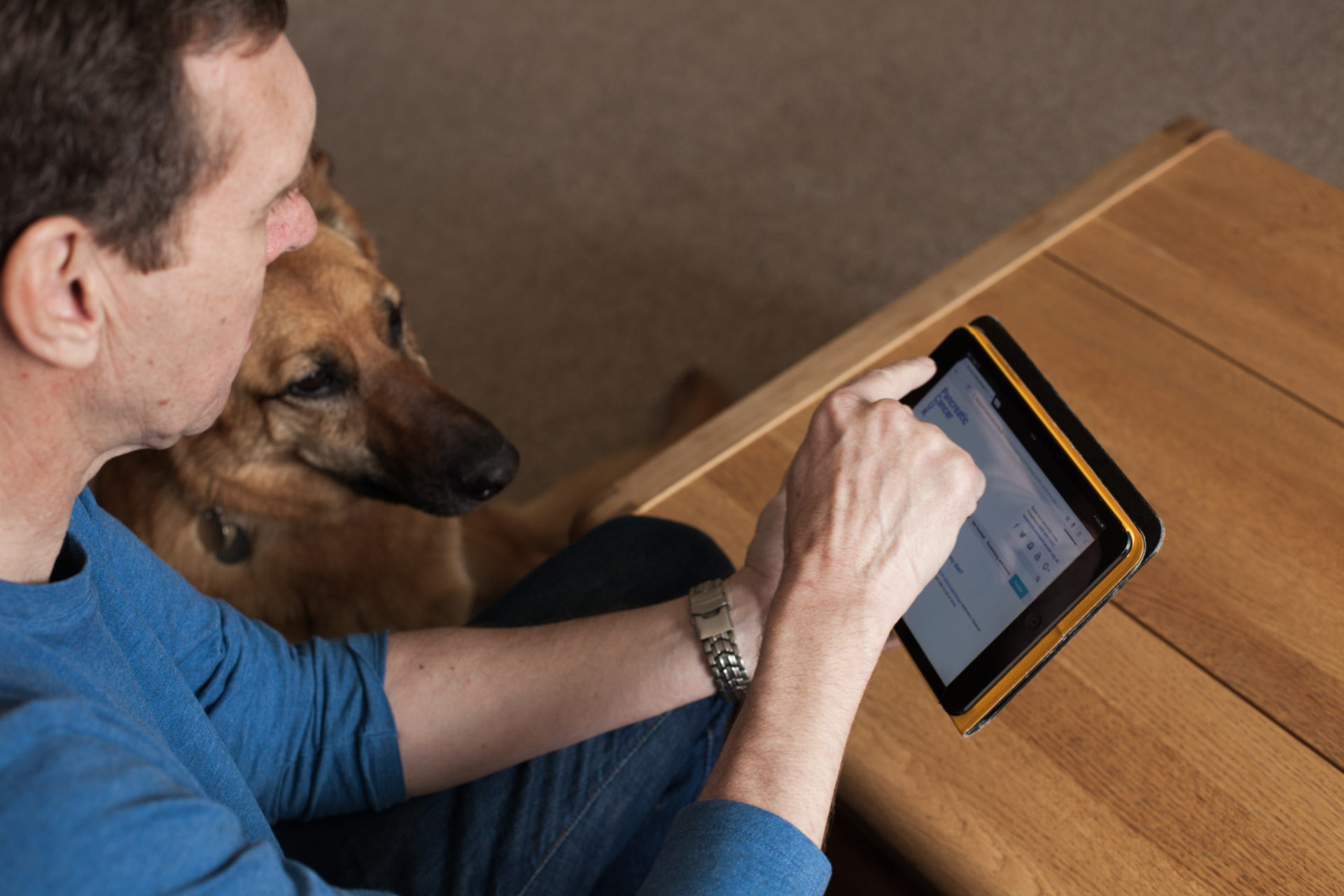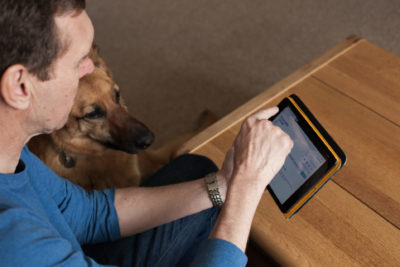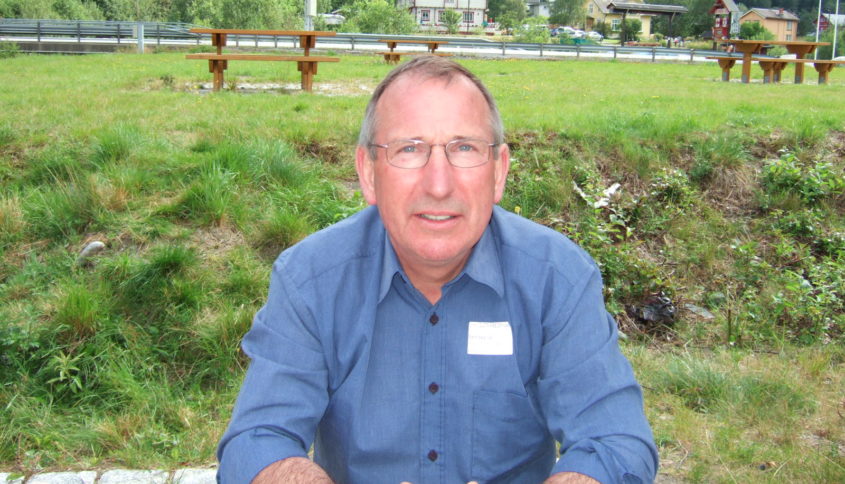



How our new services took on pancreatic cancer in the pandemic
Being diagnosed with pancreatic cancer can be an isolating experience, just made even worse by the pandemic. That’s why we developed two new critical services.
Easy-to-understand information, direct to your inbox
During the coronavirus outbreak, we launched an email update service for people with pancreatic cancer, helping them to navigate the impact of the virus on their diagnosis and treatment.
With a wealth of information online about the coronavirus, we wanted to make it easy for people with pancreatic cancer to have the latest information relating to the virus and how it affected their everyday life by sending them timely updates, from our nurses, directly to their inbox.
People told us that the emails helped them feel more informed about coronavirus and how it will impact them, and how to stay safe during the pandemic, as well as helping them make decisions about their treatment and care. Thanks to positive feedback, we’re now looking to expand this service to provide more information via email.
Supporting each other in a crisis
Our new online Living with Pancreatic Cancer Support Sessions, covering a range of topics and hosted by a nurse specialist, let people with pancreatic cancer ‘meet’ others in a similar situation – wherever they are in the UK.
The sessions are relaxed and informal with a small group of people. Giving people the chance to connect with others with pancreatic cancer; share experiences, support each other and feel understood.
Dave, diagnosed with pancreatic cancer less than two months ago, has attended all of our support sessions to date.


My diagnosis
“As I write this [18th August 2020], I’m 50 days into my experience of pancreatic cancer. Today I had my Hickman line inserted and tomorrow I get my first taste of chemotherapy. It has been a short journey. I’m at that second stage for pancreatic cancer and with luck I shall get my Whipple operation.
Those 50 days have really been a bit of a whirlwind from the first day when I phoned the surgery describing my symptoms. I thought it was something to do with my leg but the doctor had me into hospital next morning giving blood and urine samples and then followed a 9am appointment at the hospital, the morning after that.
An ultrasound and CT scan came next the same day and I was given the sad news about 4pm. I phoned the next day for information to book me into hospital and also arranged a phone call from a Macmillan nurse. So that was week one.
Meetings with consultants in York where I was to have chemotherapy and Leeds where I am due to be operated on took place in quick succession and so here I am ready to go. This has all been under the cover of Covid-19. Contact with Pancreatic Cancer UK has been very advantageous
They have been able to supply buckets of information and the answer to my diagnosis “code” picked up off my notes. I have attended four of their zoom meetings. That contact with other people and receiving advice from them has been invaluable and I realise that patients in other parts of the country have not been as lucky as me.
Some patients have even had difficulty in getting supplies of Creon from their doctor. They’ve had to write to their MP and to their chief executive officer of the Clinical Commissioning Group to get that treatment restarted. Others have yet to start their treatment. They feel so powerless!
Meeting other people like “you” is very humbling and sometimes very amusing. That ability to laugh yourself can be uplifting. One lady, I remember, had lost her hair, straight as it was, but it did grow back curly. She was rather proud of these new locks. I couldn’t help but say that it really wouldn’t affect me too much because I was pretty bald already!
With Pancreatic Cancer UK, you need never be alone. Their empathy to those who phone and email is endless.
This has been a bad time accentuated by Covid-19, and Sue, my wife and I still stay in isolation because of what we see ahead of us.
I suppose when you get a disease like pancreatic cancer your view on life changes and each day becomes more valuable than the last. The opportunity to see and speak to other patients first-hand was too much an attraction for me to miss and the need to delve deeper for information was really a bit of a magnet. You see I had already been through the lymphoma experience in 2014 and I knew that the more information I gathered and understood about my disease the greater would be my ability to extract information from those people that surrounded me.
My experience has taught me that we are all different, that we react in different ways to the various treatments and that in the most difficult circumstances there is still hope even though we find ourselves in the most difficult situation. It is demoralising to fight for care! It is not the injury or that big “C” that affect you the most, it is the way it occurs, the way you are treated, the open atmosphere in which that care is given and the availability of that care. It is mentally stimulating to be supported.”

